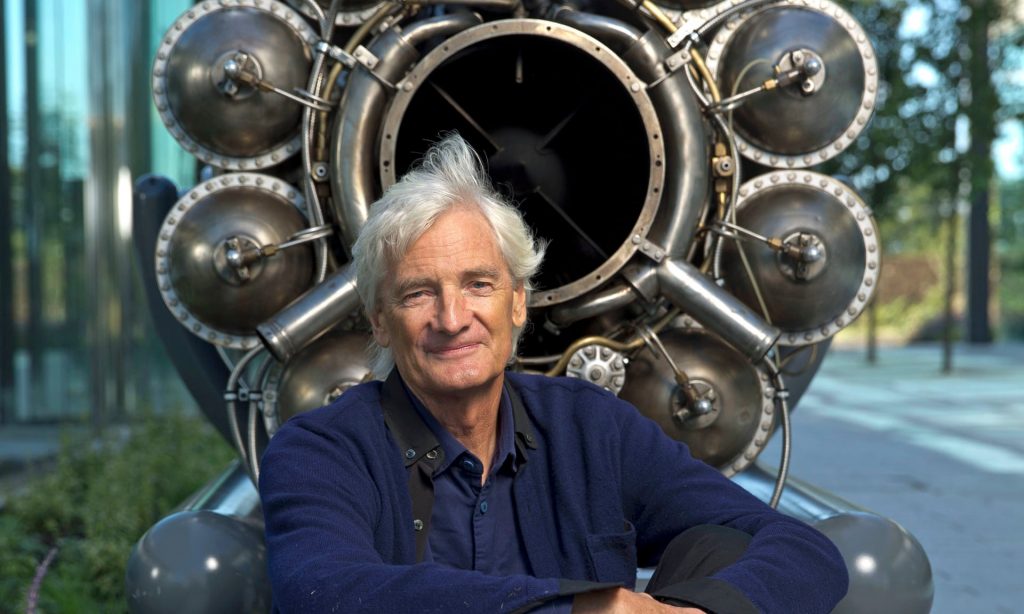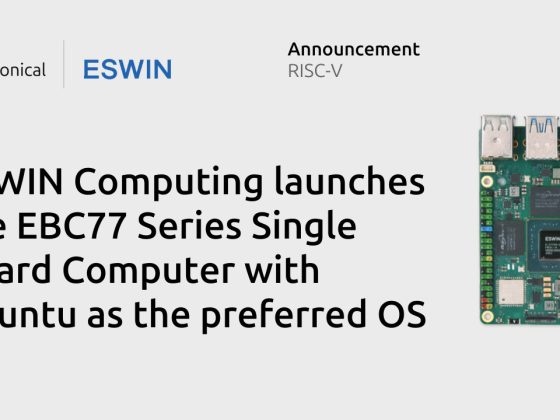The prominent Brexit backer Sir James Dyson has chosen Singapore over the UK as the manufacturing base for his firm’s new electric car, as it steps up plans to take on big US rivals in automotive technology.

The British manufacturer chose Singapore because of its proximity to “high-growth markets” in Asia, the chief executive, Jim Rowan, said in a memo to staff on Tuesday. The plant will be completed in 2020, with the car to be launched in 2021.
Multiple locations were shortlisted, with Dyson engaging in discussions with governments around the world before the decision.
Dyson already manufactures electric motors for its other products, such as vacuum cleaners and fans, in Singapore, where it employs 1,100 people. Staff numbers in Singapore will more than double after it completes the new facility.
The firm also has manufacturing facilities in Malaysia and the Philippines. It does not make any of its products in the UK.
The firm’s billionaire founder previously told the Guardian that leaving the EU could “supercharge British technology and refocus minds on global trade”. He has also said that Brexit could create more jobs in the UK.
Dyson is developing the car at its research facility in Wiltshire, pitting it against the likes of Tesla, Apple and Google’s parent company, Alphabet, as well as more traditional car companies.
In August, Dyson said it planned to enlarge its Wiltshire operation at Hullavington airfield, to accommodate as many as 2,000 employees. The expansion represents a potential £200m investment in the UK after it first revealed its ambition to enter the electric car market in September 2017.
About 400 of Dyson’s 4,800 UK staff work on the car project. The firm has a total global workforce of 12,000.
However, in the memo to staff, Rowan said the decision to choose Singapore for manufacturing was complex and “based on supply chains, access to markets and the availability of the expertise that will help us achieve our ambitions”.
He also highlighted the availability of engineering talent in Singapore, in spite of its “comparatively high cost base”.
The Singapore expansion is part of £2.5bn in planned spending on new technology globally, although Dyson declined to give details of the size of the investment, citing commercial sensitivity.
Rowan said the firm was making excellent progress on developing the car. “Clearly we now need to move quickly towards manufacturing and assembly,” he said in the memo.
This article is written by Jasper Jolly & originally appeared in The Guardian.












